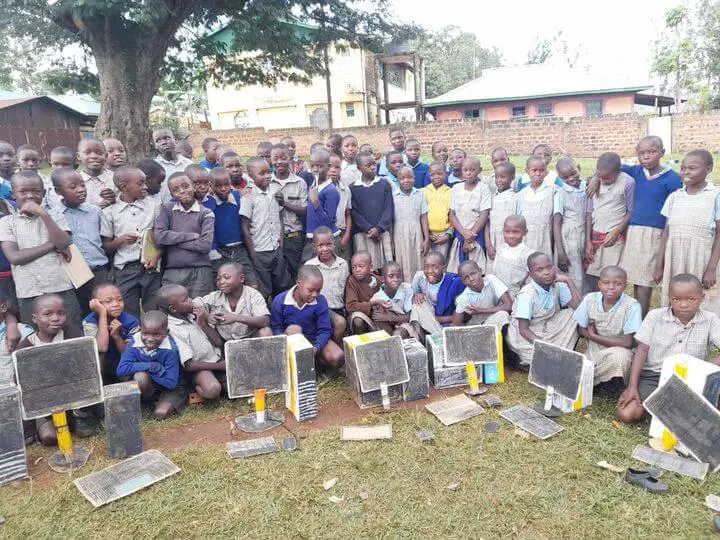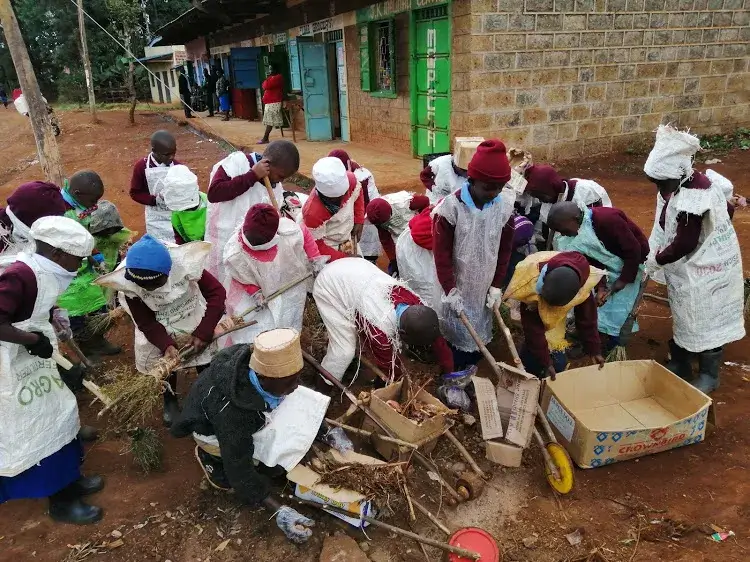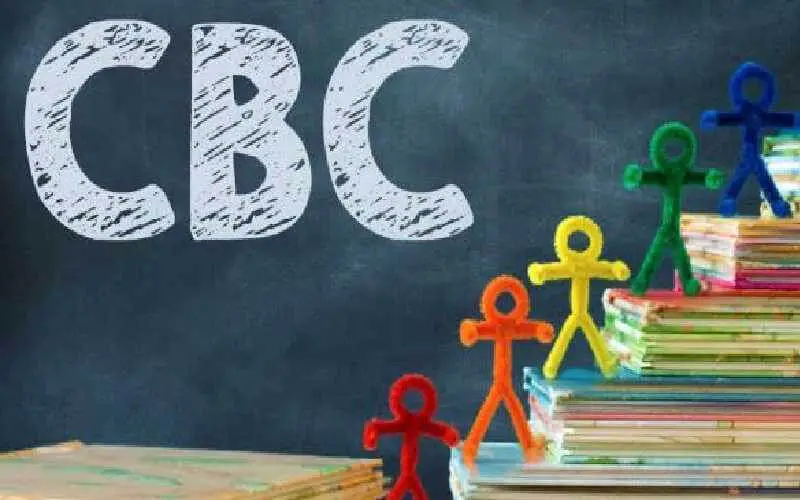The controversial Competency Based Curriculum (CBC) was introduced in 2017 by the late Education cabinet secretary, Professor Gorge Magoha.
The new education system, meant to replace the 8-4-4 education system, places more emphasis on the complex results of the learning process (i.e., the information, skills, and attitudes that students will apply) than it does on the traditional topic matter that students are expected to study.
It entails a shift in emphasis from exam-focused instruction to each learner’s ongoing development—from lecturing pupils to hands-on learning; and from memorization of information to understanding and group learning.
One of the main features of the CBC is ‘the Pertinent and Contemporary Issues (PCIs).
What are the Pertinent and Contemporary Issues In CBC?
The Pertinent and Contemporary Issues are Issues that touch people in their daily lives, such as lifestyle diseases, HIV and AIDS etc.
PCIs were recognized as emerging issues and trends in the prior curriculum.
Pertinent and Contemporary Issues (PCIs), which have been recognized as important in both individual and societal lives, are included in the CBC designs.
The Pertinent and Contemporary Issues are created to ensure that education is relevant to societal and economic demands.
Since then, the original ‘’Pertinent and Contemporary Issues’’ areas have been decreased from six to four.
What Are The Four Pertinent And Contemporary Issues Areas?

The four Pertinent and Contemporary Issues areas include:
1. Global Citizenship
The issues covered here include integrity, peace and human rights
2. Health Promotion Issues
The issues covered here include HIV and AIDS, drug abuse and substance use, alcohol and substance use, lifestyle/communicable diseases, non-communicable diseases, first aid, and harmful cultural practices.
3. Life Skills and Values
The issues covered here include self-awareness, self-esteem, coping with emotions, managing stress, assertiveness, negotiation, peer pressure resistance, problem-solving, and critical and creative thinking.
4. Social-Economic and Environments Issues
The issues covered here include gender issues, animal welfare, environment, disaster risk reduction, safety and security (such as road safety, fire safety, cyberbullying prevention, radicalization and violent extremism), and environmental conservation (such as disaster risk reduction, biodiversity, environment and technology, pollution).
What Are The Benefits Of The Pertinent And Contemporary Issues in CBC?

I. Students learn things that are relevant to their day-to-day lives
The Pertinent and contemporary issues in CBC seek to equip learners with the demands of the current education (aspects that are relevant to their current day-to-day lives).
The 8-4-4 education system was seen as falling short of Kenya’s vision 2030 requirements for education that aims to make the country a competitive and prosperous economy.
To achieve Vision 2030 goals, the country needs people with different competencies from technical and social perspectives.
II. Learners are equipped with the tools to develop into better, more dependable citizens in the future
During the Pertinent and Contemporary Issues in CBC classes, learners are taught to identify the issues and find solutions to them.
They also visit areas that are affected by those issues and talk to the people affected to know the root cause of the problems.
The 8-4-4 system paid too much attention to the individual without providing them with the tools to grow into better, more responsible citizens in the future.
As a result, Kenya developed widespread problems with negative ethnicity, corruption, violence, and a lack of patriotism.
People were taught to prioritize their own demands over the needs of society as a whole.
IV. Learners are required to apply the knowledge they’ve learned in school
The Pertinent and contemporary issues classes give learners the ability to put the knowledge, abilities, and values they’ve learned in class to use to solve life problems.
The previous education system focused on what learners know. In other words, students were focused on cramming to pass exams.

